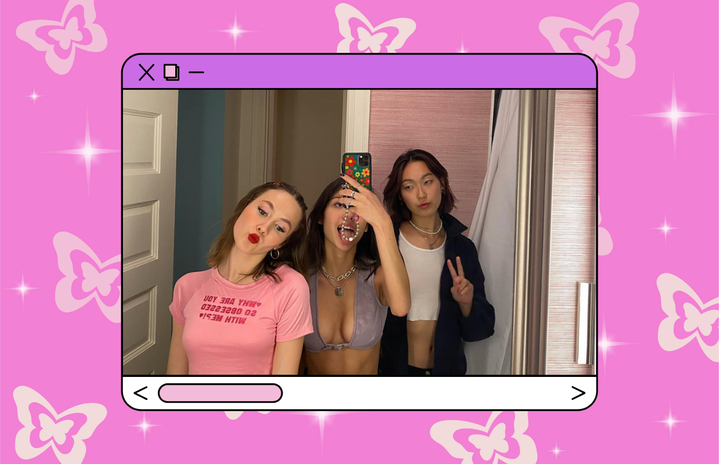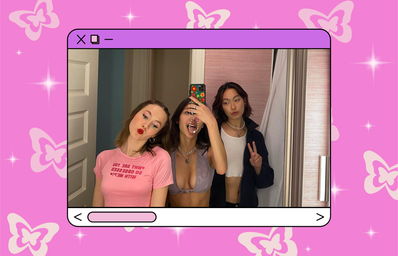Why are people so obsessed with aesthetics? You may use a few in your daily life and not even realize it. I learned about them by scrolling through Pinterest. The pictures I stumbled upon were beautiful and a great dopamine boost, but the good comes along with the ugly. The endless amount of inspiration can bring unrealistic standards. Aesthetics without good measure can be detrimental to you and your world view, but how did we get here? Aesthetics is the philosophical study of beauty and taste, but is it really all that? Turns out there is a dark side to aesthetics, as well as a positive side to them, and it’s time we talked about it.
Your Instagram feed or closet is not where aesthetics were born, in fact aesthetics or ‘esthetics’ has been a particular subject of discussion for philosophers, from Plato to Kant to our current time. For example in Plato’s Symposium, “Beauty is linked to moral goodness”.
Aesthetics is a way of romanticizing our life and bringing beauty into it. They can help us express ourselves. Our clothes and our way of life can become a political statement. And, some aesthetics are based on older fashion trends, which helps upcycle clothing pieces.
Some popular aesthetics of 2023 are cottagecore, dark academia, Y2K, fairycore, and grunge. Aesthetics enable us to look like a different person every time we change our style. The visibility that it implies addresses the human condition of change. And just like us, aesthetics evolve too. They can also serve as a way to find community.
However, aesthetics can have some negative effects. The constant comparison with other people through social media, overconsumption to achieve a certain look, and the loss of individuality can all be results of overindulging in aesthetics. And, on some occasions, it can lead to fast fashion, since in order to achieve an aesthetically pleasing wardrobe requires money for high end clothing, it becomes a vicious cycle of money-spending and aesthetic-posting, for those who can afford it, of course. However, not everybody has the resources to do this, so they resort to fast fashion.
On the other side of all the hype, there is a calling to keep ourselves weary no matter which aesthetic we partake in. Social media influencer, Shanspeare, makes a social commentary in her video Social Media’s Obsession with Aesthetics and Curated Identities, in which they discuss how some aesthetics romanticize white skin, being thin, and the over-sexualization and infantilization of women’s bodies. Also, Her Campus writer, Jordan Selous, in WHAT’S UP WITH OUR OBSESSION WITH “AESTHETICS”? discusses how aesthetics can be a form of escapism. They elaborate on cottagecore and how this popular aesthetic can be an escape from fast living and capitalism. People immersed in cottagecore see rural living by the countryside, surrounded by nature as an alternative.
That being said, aesthetics can be positive or negative. It all depends on how we approach them and how much power they have over our lives. They can help us express ourselves and enhance the beauty we see in the world, but overindulging to the point of “identity wash” is when they become harmful.


